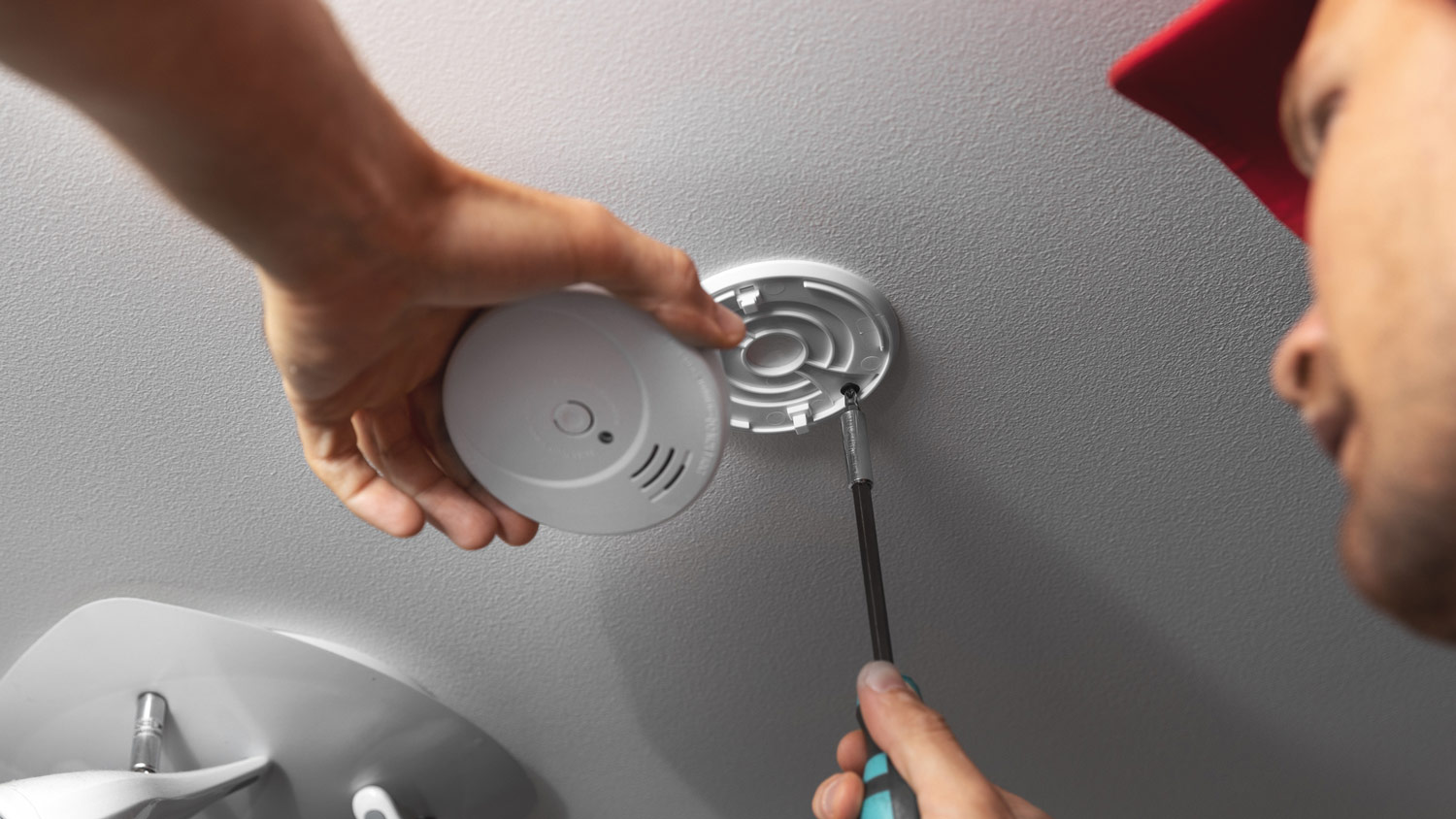
Repairing ductwork in a crawl space is frustrating and difficult, which is reflected in the cost. Learn why limited access results in a premium cost beyond just a simple increase in labor hours.
These tips will help you create the coziest home imaginable


Imagine lounging on the patio, sipping on a refreshing glass of lemonade, taking in the sounds of summer, and feeling the sun on your skin. Preparing your heating system for the winter is probably not on your to-do list, but it’s the perfect time to start. These tips will help you get your HVAC ready for the colder months before they arrive in full force.
Whether you’re a regular deep cleaner or not, your HVAC filters collect dirt, dust, debris, and other allergens. Replace your air filter every one to three months, or every month if you live with someone who suffers from allergies.
Not only can changing your air filter and maintaining your HVAC system improve your home’s air quality, but it may also boost the efficiency of your heating system. Before the temperatures drop and you start using your heating system regularly, start fresh with a brand-new filter.
If you have a wood-burning fireplace, clean and inspect your chimney before starting your first fire of the season. Chimneys produce heavy soot buildup that can block airflow and cause a chimney fire. Your chimney could also be clogged with leaves, tree branches, or a bird that has made its home there over the summer. Hire a professional chimney sweep near you to thoroughly clean your chimney before you hunker down for the season.
Turning the heat up with a dirty furnace and obstructed vents can definitely pose a fire risk. Clean your furnace and ensure that all vents are free of dust and debris to keep you and your family safe this winter.
No matter how handy you are, we recommend getting a pro to perform an HVAC inspection and tune-up to prepare it for the winter. They’ll have the right skills, tools, and knowledge necessary to get your heating system in good working order before the temperatures drop.

If you have an HVAC unit but no smoke or carbon monoxide detectors, install some as soon as possible. Heating systems emit hazardous substances when they’re damaged or not working properly. Breathing in smoke can cause health issues—both temporary and long-term—including coughing and throat irritation. According to the Centers for Disease Control and Prevention, carbon monoxide poisoning may cause weakness, nausea, confusion, and can even be fatal.
Test your smoke and carbon monoxide detectors before turning up the thermostat to ensure that they’re in good working order.
Before the temperatures drop and you’re desperate to get cozy, test your thermostat. Switch your HVAC system from cooling to heating. Set the temperature higher than the current room temperature to make sure the heat kicks on and everything is working as it should. If it isn’t, you still have time to call a local HVAC pro to troubleshoot it for you.
If your HVAC system is more than 15 years old, you may want to consider installing a high-efficiency replacement. Newer furnaces tend to operate more reliably and efficiently, keeping your home warmer and more comfortable. Installing a high-efficiency replacement may even lower your heating and cooling bill and save costs over time.
From average costs to expert advice, get all the answers you need to get your job done.

Repairing ductwork in a crawl space is frustrating and difficult, which is reflected in the cost. Learn why limited access results in a premium cost beyond just a simple increase in labor hours.

What you’ll pay in Columbus, OH, for furnace repairs depends on many factors. Here’s a breakdown of what can go wrong and the cost to fix those issues.

Discover the factors affecting HVAC zoning system cost, energy savings, DIY options, and expert insights. Get informed about your home’s heating and cooling.

Not sure which type of furnace humidifier is best for your home? We’ve broken down four different options, explaining how they work and their benefits.

There are a few different types of refrigerant for AC systems, but some contain environmental hazards. Learn about the five main types of refrigerant.

Keep your home perfectly cool during the warm months. Learn about nine types of air conditioners and how to choose the right one for your home.